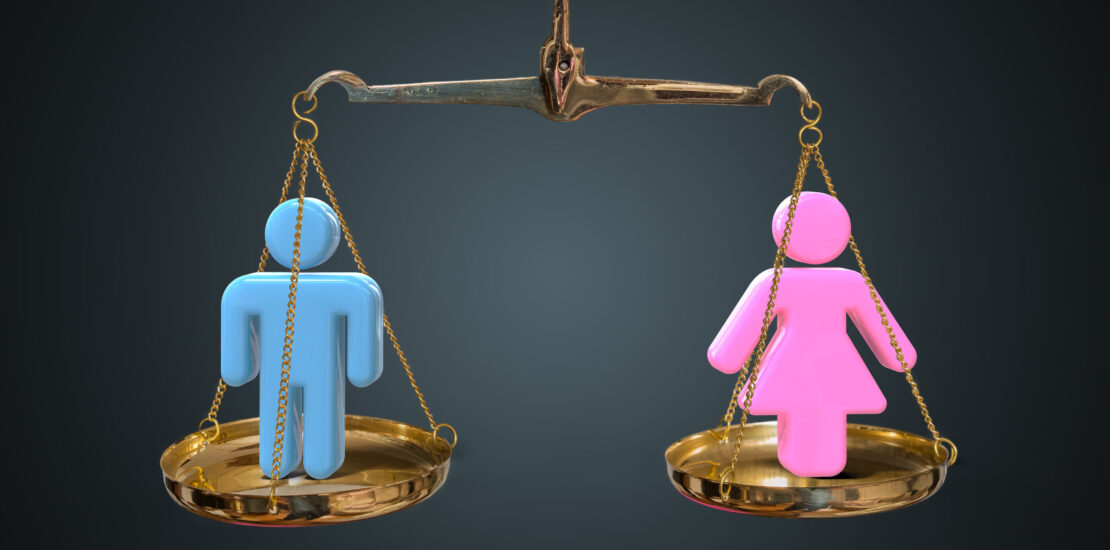women in sales
-
Are Women in Sales Less Trainable?
- April 3, 2012
- Posted by: Dave Kurlan
- Category: Understanding the Sales Force
Before I get into trouble for the title of this blog, let me 1.) explain from where it comes and 2.) direct you to another of my articles where I wrote that women make better salespeople than men.
-
Who Are Better Salespeople – Men or Women?
- October 23, 2008
- Posted by: Dave Kurlan
- Category: Understanding the Sales Force

Tom Peters said women are better salespeople than men.
I wrote that Objective Management Group’s data proves that a greater percentage of women are stronger than men.
Here is how that data breaks down:

